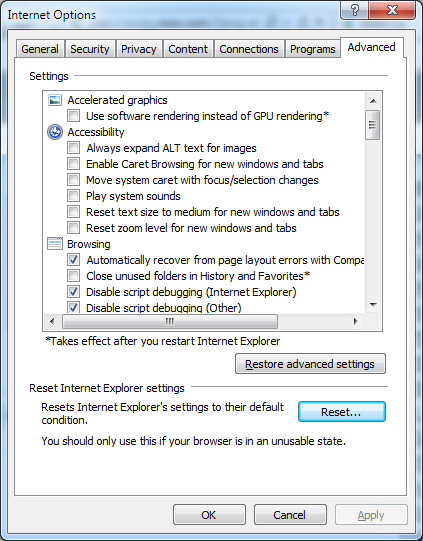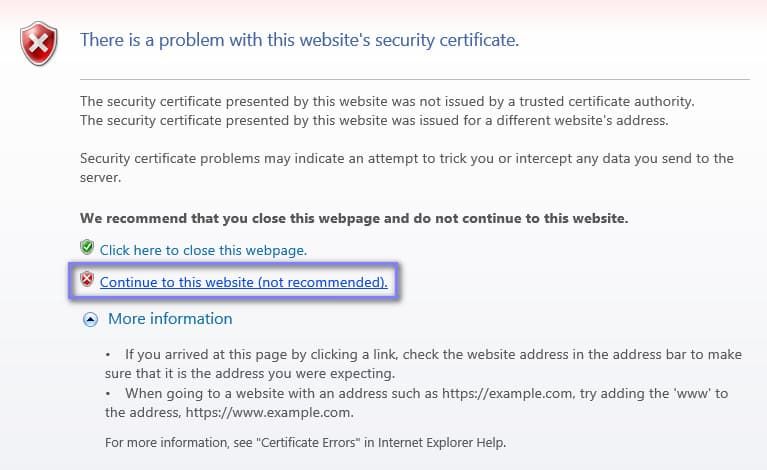



Click Start, type regedit in the search box, then click on the regedit.exe program to open it.Microsoft have a help page about this issue – it’s for a slightly different error message but the causes and the registry fix are the same. The ‘Cannot download the information you requested’ error message may appear in certain circumstances if Internet Explorer is not your default web browser. A known issue with Office document hyperlinks Now click OK, then close IE and restart the computer – hopefully that problem should now be fixed.Ģ.Open IE and click on Tools / Internet Options / Advanced then scroll down to the Security settings and untick the box for ‘Do not save encrypted pages to disk’ as shown below:.In this scenario, some hyperlinks may work ok (because the website has not set a ‘Pragma: no-cache’ header or they are http) while others will not work. If the webpage specifically asks IE not to do this and IE is set to not save encrypted pages to disk, the download will fail and you’ll see the error message. However, in order for the hyperlink to download the webpage, it does have to be saved to IE’s cache. It is possible that the webpage has set a ‘Pragma: no-cache’ header behind the scenes – this asks IE not to save the webpage to IE’s cache. If the hyperlink is to an encrypted (secure) webpage There are several possible causes, each with their own solution. the hyperlink is invalid – copy and paste it into a web browser to see if it opens the webpage directly. Note: similar error messages may be caused by other issues e.g. Hyperlinks are often included in Excel spreadsheets, Word documents and Outlook emails – in some cases the error message may appear when you click the hyperlink, instead of it opening the website in your default web browser.

The ‘Cannot download the information you requested’ error message may appear when you try to open a hyperlink (website link) from within a Microsoft Office program.


 0 kommentar(er)
0 kommentar(er)
